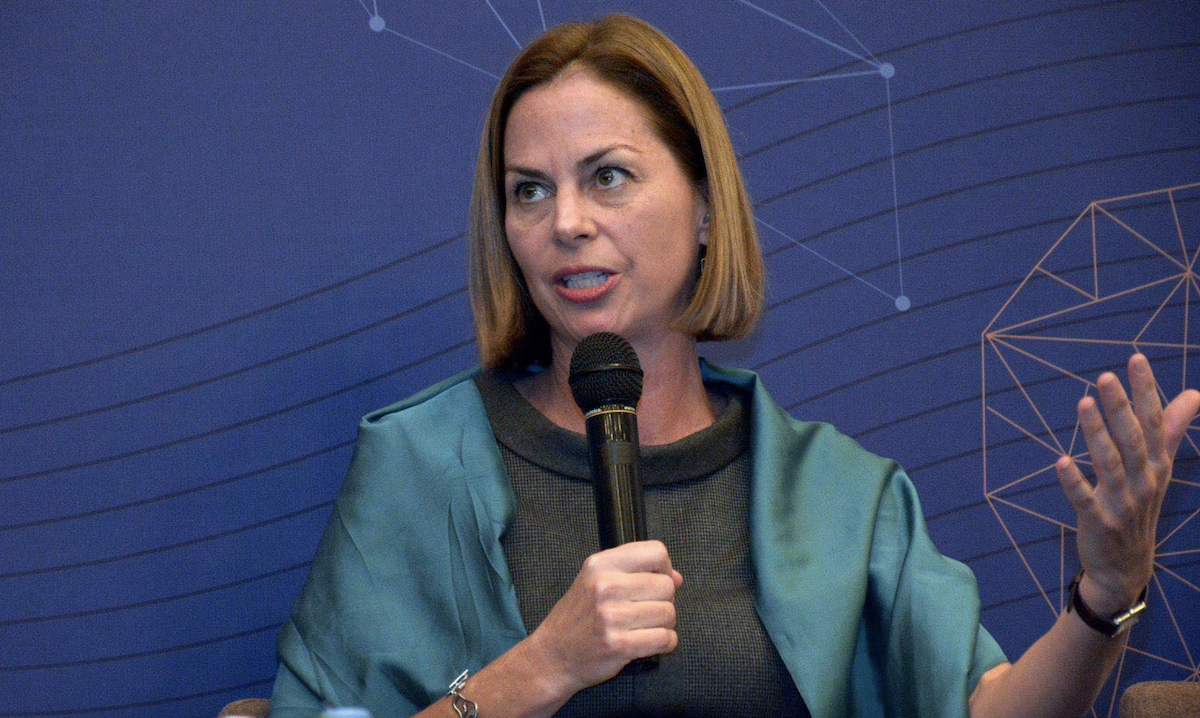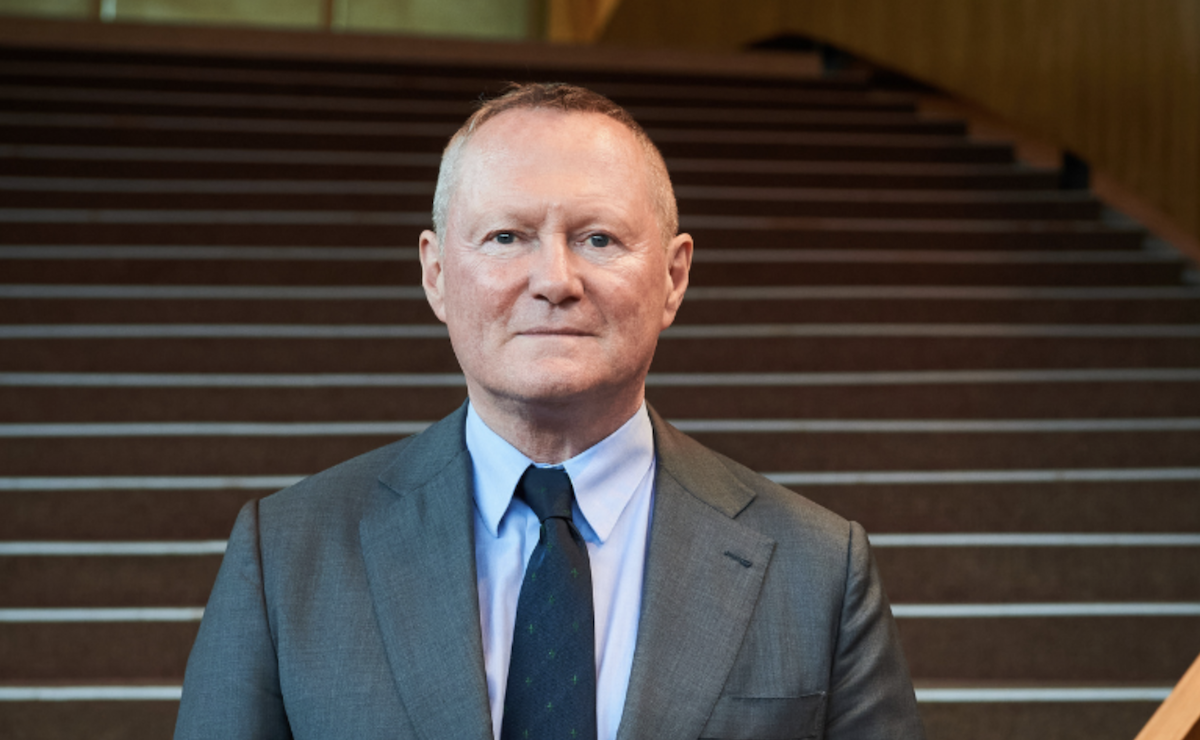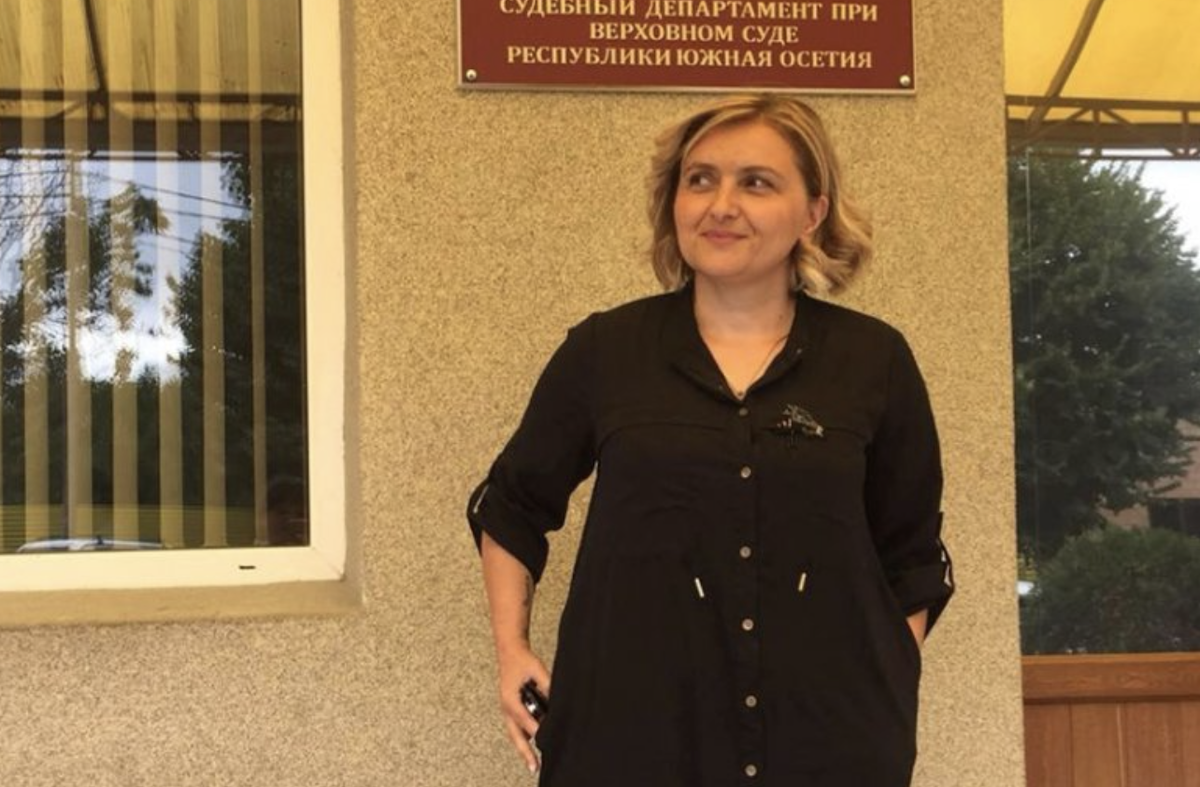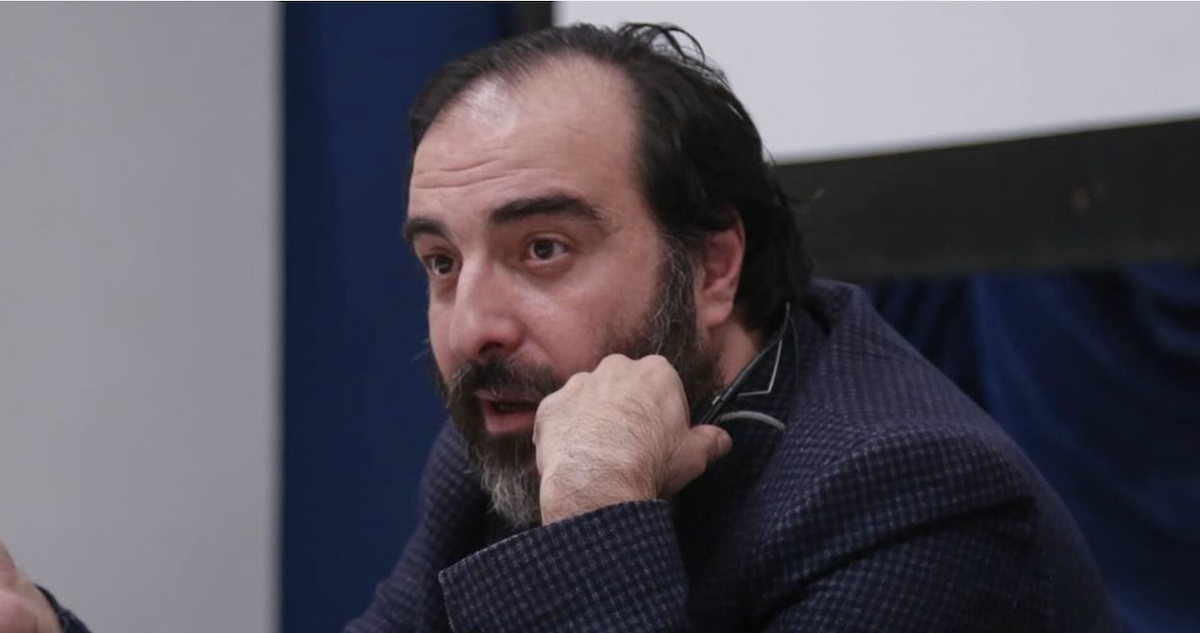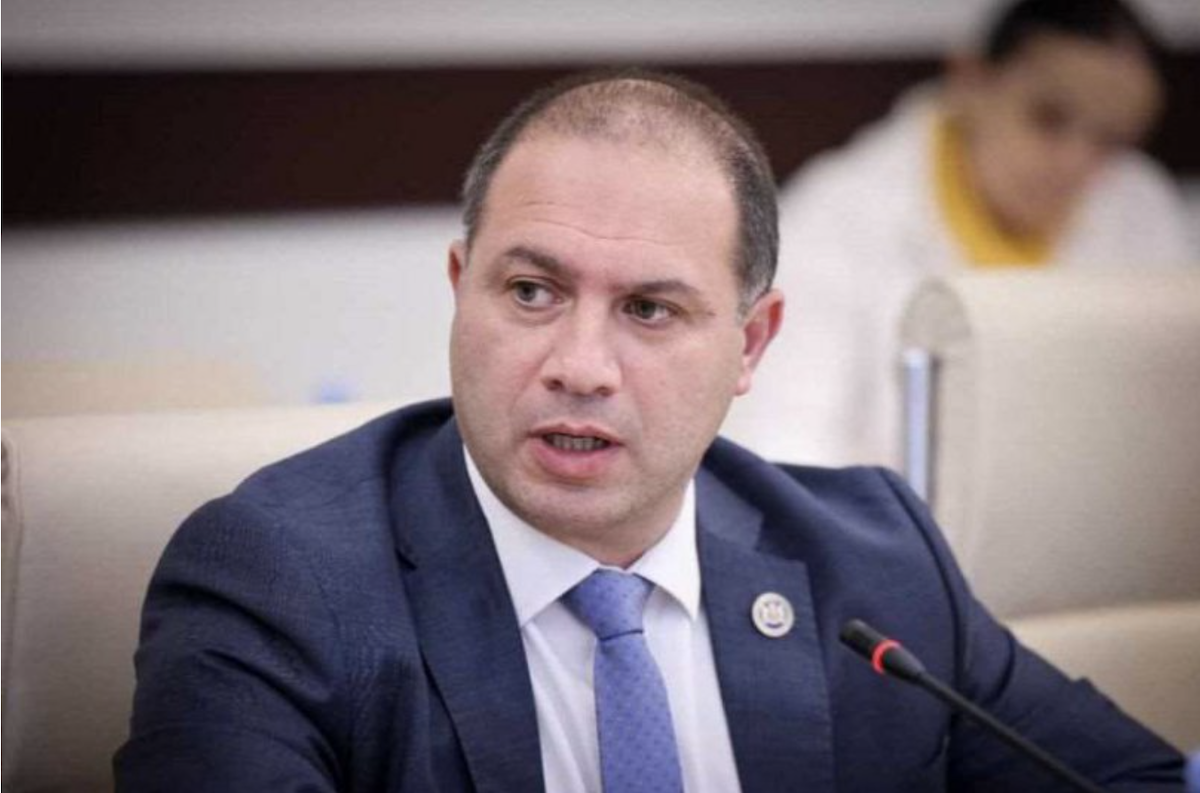Amendments to the Law on Broadcasting may become a mechanism for punishing critical media in Georgia - experts
Amendments to the Law “On Broadcasting”
On the initiative of the ruling Georgian Dream party amendments have been made to the law “On Broadcasting”. The main change is the expansion of the powers of the National Communications Commission in terms of regulating the “incitement to hatred” clause.
The amendments are authored by MPs from the parliamentary majority. The bill will be adopted in an accelerated procedure. In the first reading it was adopted on October 18 with 79 votes in favor, four deputies were against.
Experts see these changes as a potential restriction of freedom of speech in the country. The package of changes was controversial even at the initiation stage, but the version adopted in the first reading is even more alarming.
“To the state regulation of the clause on incitement to hatred was suddenly added a clause on the regulation of obscenity. This clause was not in the initiated version, it was added in the first reading before adoption. And this is a big threat to media freedom!” – says Eduard Marikashvili, Chairman of the Democratic Initiative of Georgia.
The explanatory note says that “the amendments are aimed at improving Georgia’s Law on Broadcasting in accordance with the recommendation of the European Commission and creating an effective mechanism to prevent the dissemination of programs and advertisements containing calls to terrorism and incitement to hatred”.
What is changing
According to the law in force today, if media outlets violate Article 55 paragraph 2 of the law when disseminating their products or advertising, i.e. disseminate content containing hate speech or calls for terrorism, this can only be responded to through a self-regulatory mechanism. These decisions cannot be appealed in court, the National Communications Commission or other administrative body.
And according to the new draft law, the person concerned has the right to appeal against a decision made under the self-regulatory framework in case of violation of Article 55, paragraph 2 of the law. -Mechanism for regulating the National Communications Commission in accordance with the law.
According to the new draft law, the process is not limited to the self-regulatory mechanism: if Article 55(2) is violated, the person concerned has the right to appeal the decision made under the self-regulatory mechanism to the National Communications Commission in accordance with the procedure established by law.
Media experts’ opinion
“Georgian Dream” says that the adoption of the law “will result in the fulfillment of the European Commission’s recommendation to create an effective mechanism to prevent the spread of hate speech, hatred and incitement to terrorism” at the legislative level.
However, the levers in the hands of government agencies may become a mechanism for punishing critical media, according to experts who negatively assess the bill.
Natia Kuprashvili, Director of the Alliance of Regional Broadcasters, believes that the planned changes are extremely vague. The legislative amendments allow for interpretation and interpretation, which means that the regulatory body, based on its vision, can initiate legal proceedings against the broadcaster and apply sanctions in special cases, which can become a mechanism for punishing critical media, Kuprashvili told Radio Liberty.
- Yoga Mats and Coca-Cola: How aggressive groups disrupted the Tbilisi Pride Festival
- Where did Imedi TV get the personal data of citizens? Investigation launched
- “Why is your jacket unbuttoned?” – Homophobic attack in Tbilisi
“Media Rights Coalition” also reacted to the draft law on October 17. In a statement released by the organization, it notes that the concentration of additional powers in the hands of the regulator increases the risk of abuse. The organization says it has perfectly legitimate concerns in light of past practices.
The coalition once again urged the parliamentary majority not to pass legislative changes affecting the media without consulting broadcasters and discussing them widely.
“Such a model was described by independent experts from the Council of Europe, who supported the introduction of effective co-regulation due to the current situation in the country. This summer, the coalition positively assessed the changes introduced by the ruling party in the parliament, but considered them insufficient without the second stage – an effective co-regulatory mechanism,” their statement said.










